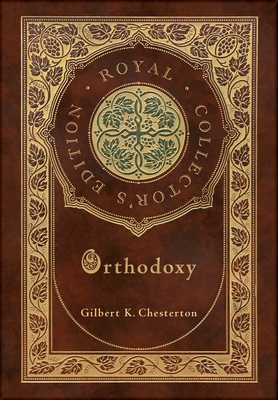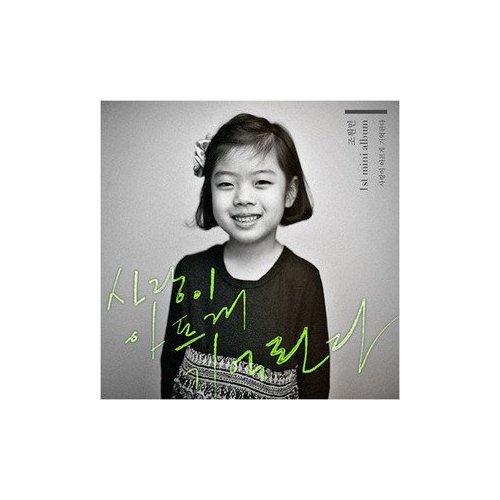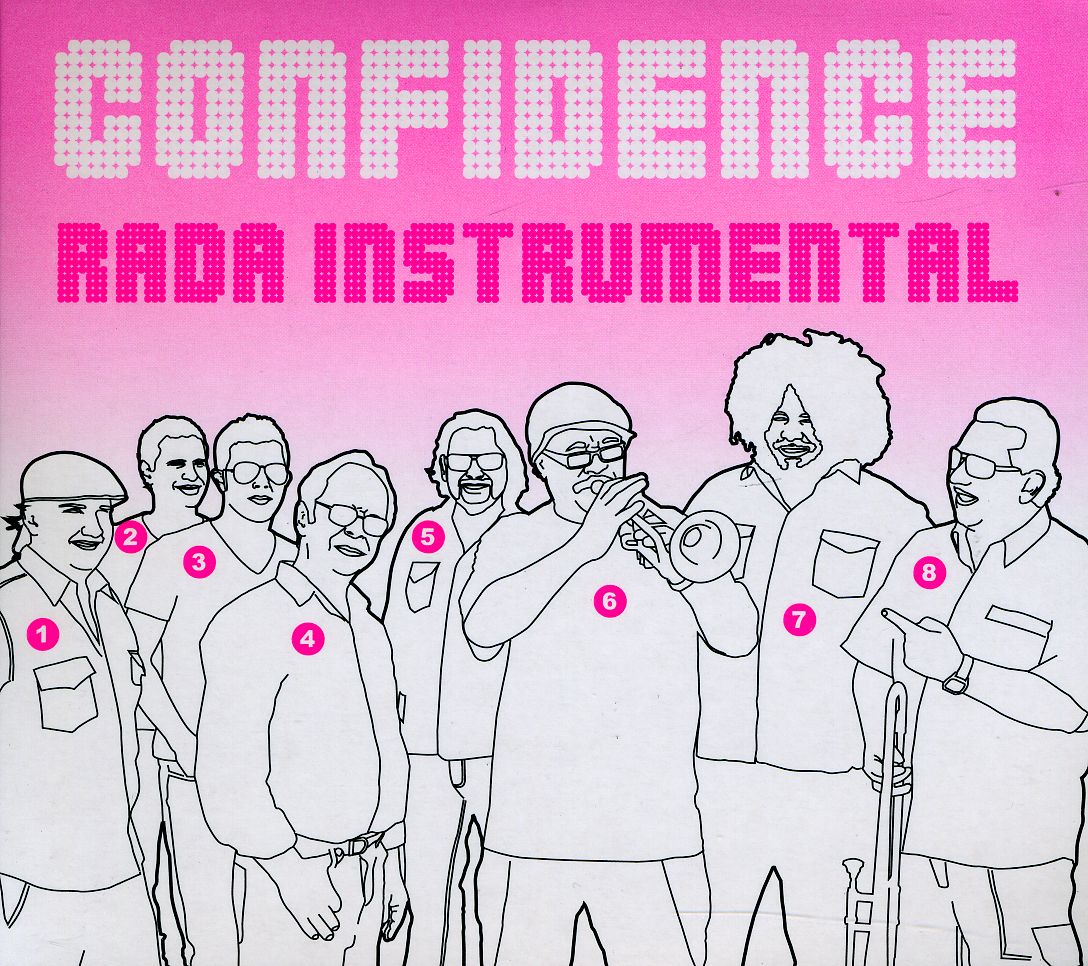
description
5
In a challenge to current thinking about cognitive impairment, this book explores what it means to treat people with intellectual disabilities in an ethical manner. Reassessing philosophical views of intellectual disability, Licia Carlson shows how we can affirm the dignity and worth of intellectually disabled people first by ending comparisons to nonhuman animals and then by confronting our fears and discomforts. Carlson presents the complex history of ideas about cognitive disability, the treatment of intellectually disabled people, and social and cultural reactions to them. Sensitive and clearly argued, this book offers new insights on recent trends in disability studies and philosophy.
member goods
No member items were found under this heading.
Return Policy
All sales are final
Shipping
No special shipping considerations available.
Shipping fees determined at checkout.







